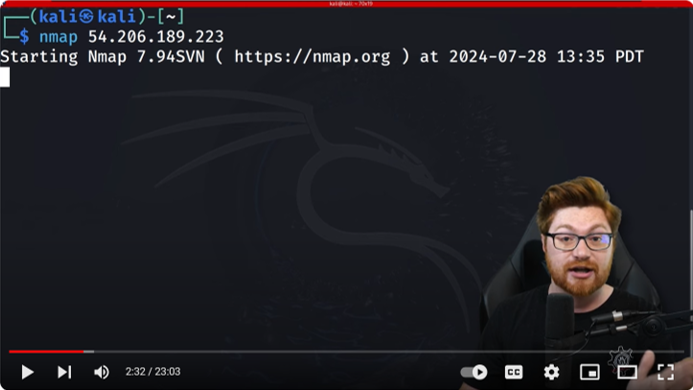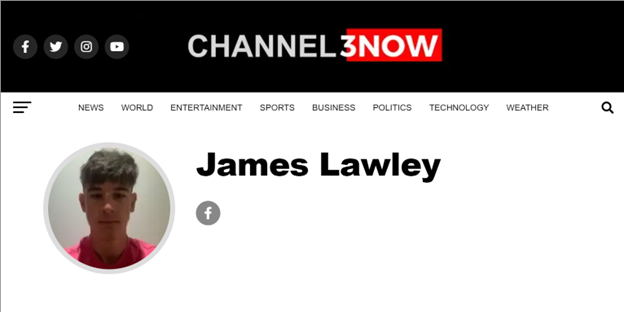Max Mason from the Australian Financial Review has reported on our deep dive into the technical architecture of the WeChat platform and China’s government propaganda procurement.
The report is a technical analysis of the source code of WeChat versions 8.0.15s as well as an analysis of publicly available Chinese government procurement documents. It has been prepared by Internet 2.0 for policy makers and legislators to make evidence-based decisions. WeChat is the dominant digital platform for communications in Mandarin and digital gateway to China. The report has been broken into two primary parts. Part One is a technical analysis of WeChat and Part Two is an analysis of WeChat procurement contracts with Chinese Communist Party (CCP) propaganda departments.
Senator James Paterson, Shadow Minister for Cybersecurity and Countering Foreign Interference, noted that Australians must be aware of the serious personal privacy risks as well as the potential for foreign interference from platforms like We Chat. He added that the report ‘lays bare how blatant the cooperation between companies like Tencent and Chines Communist Party is for the purposes of propaganda. Liberal democracies must grapple with the serious risk of foreign interference posed by these platforms’.
Read AFR article > here










